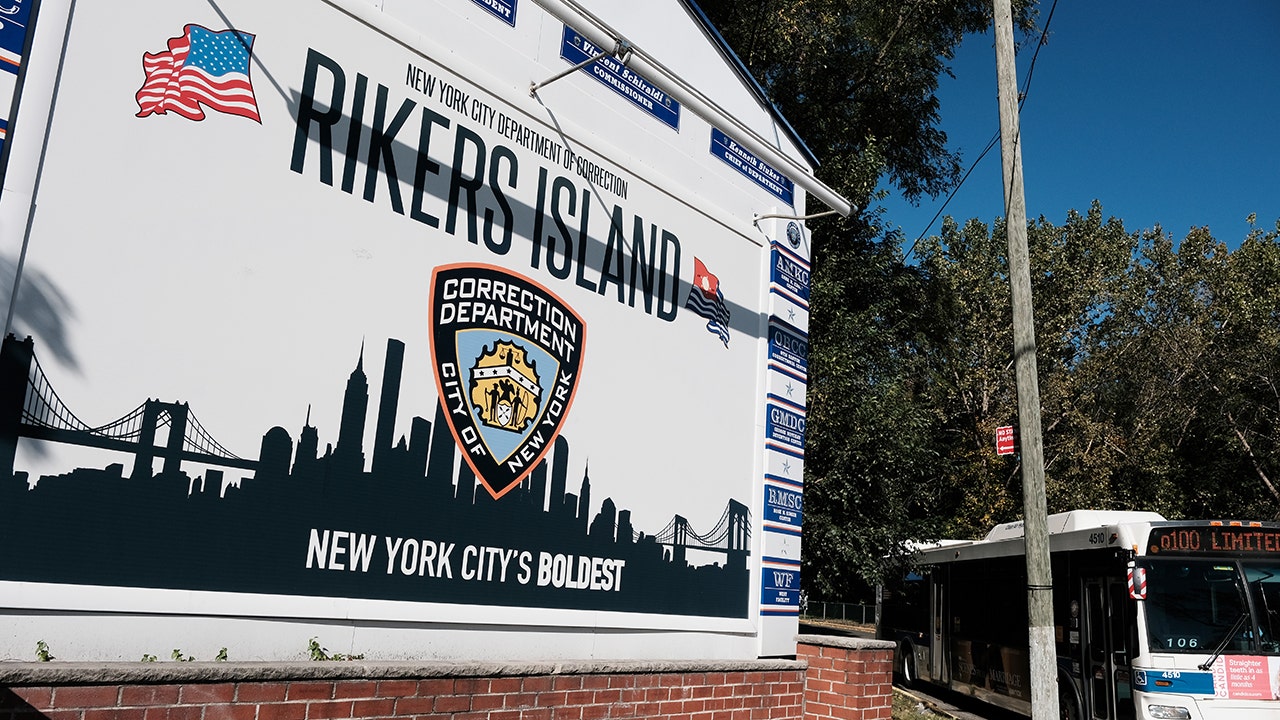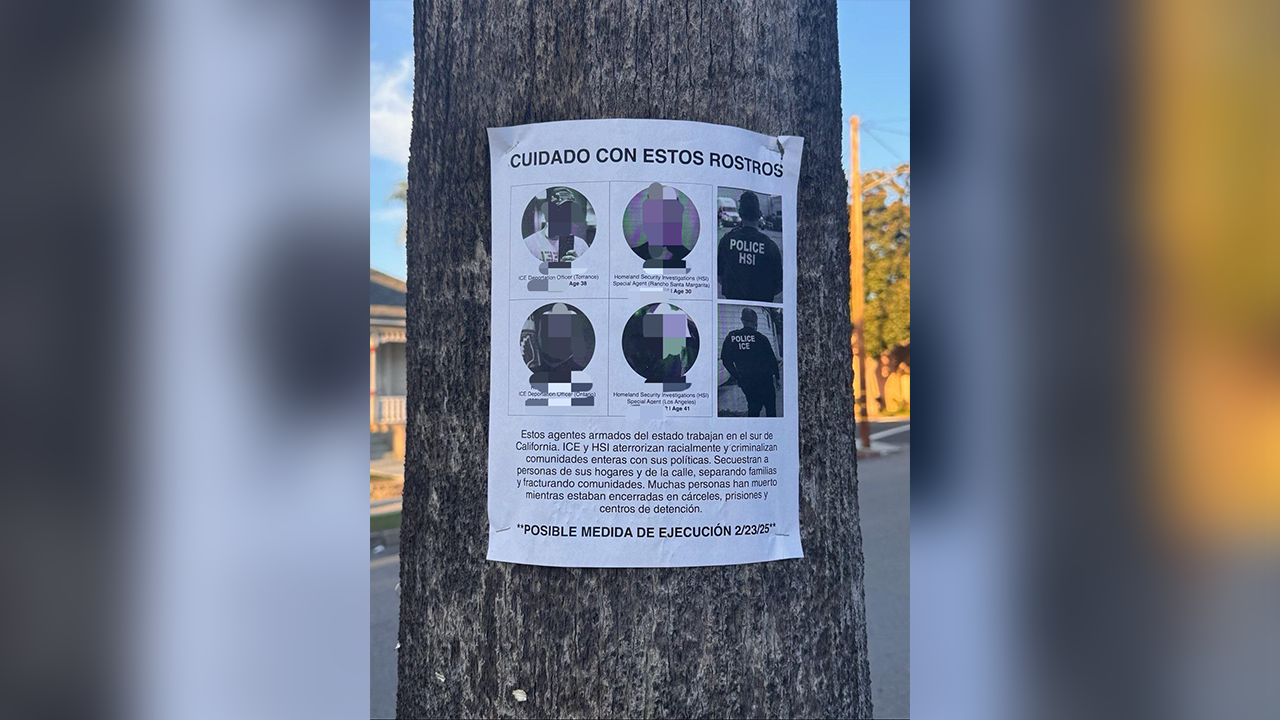Accused New York City criminals who were freed as part of a state release program were rearrested for felony crimes at a higher rate than originally estimated, statistics show.
New York City’s Mayor’s Office of Criminal Justice (MOCJ) estimated that in 2018, 9% of criminal offenders who were released as part of the state’s “non-monetary release” program, which began in 2016, were rearrested for felony crimes. The city’s felony re-arrest estimates reached 10% in 2019 and 13% the year after.
But statistics recently shared by New York State Unified Court System show 23% of accused criminal offenders were rearrested on felony charges from January 2020 to June 2021. Meanwhile, 41% of offenders were rearrested on any kinds of criminal charges, whether felony or misdemeanor, statistics show.
Local news site The City was first to report the discrepancy and the court system data.
A spokesperson for Mayor Eric Adams’ Office did not immediately respond to Fox News’ request seeking comment.
Supervised release, known officially as “non-monetary release” was established by Adams’ predecessor, Bill de Blasio, in 2016. De Blasio’s administration lauded the program as having “a proven track record of getting the vast majority of participants back to court and providing connections to vital pre-trial services.”
The city program allows for arrested individuals who are flight-risks to be released under community supervision. According to MOCJ, one of its main purposes was to “ensure a person’s return to court.”
The 2020 bail reform law eliminated cash bail options for most nonviolent crimes and misdemeanors. In turn, supervised release provides another option for judges.
The supervised release program was expanded just before the new law took effect, scrapping all eligibility requirements which would have previously prevented a judge from freeing certain crime offenders on supervised release. In turn, those accused of violent felonies were eligible for supervised release consideration.
Speaking to The City about the court data, former MOCJ director Elizabeth Glazer said the supervised release program “was never designed to prevent crime.”
“It was only designed to get people back to court,” she told the news site. “Although it has had a modest effect on reducing crime.”
Rempel, who will soon become director of John Jay College of Criminal Justice’s Data Collaborative for Justice, emphasized the need to fully track what happens to individuals during and after their incarceration or their pre-trial release phases.
Stephanie Pagones is a Digital Reporter for FOX Business and Fox News. Story tips can be sent to stephanie.pagones@fox.com and on Twitter: @steph_pagones.








Leave a Reply